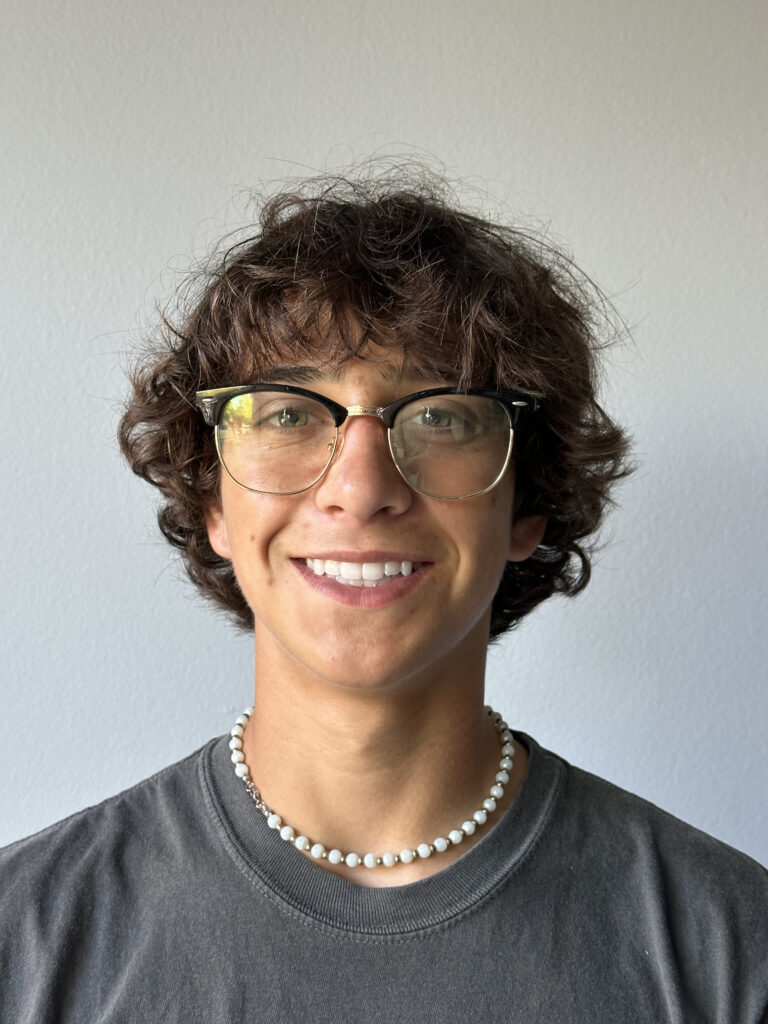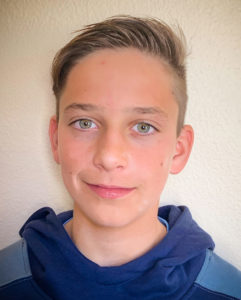
Ryan's Story
SensoRy AI’s roots stem from Ryan Honary’s passion for preserving the environment and creating more sustainable technology solutions. In 2018, he was traveling when he saw news of the devastation caused by the Camp Fire as it burned across Northern California.
The hills in the footage looked like those outside his home, leading him to call his mom to make sure she was safe. Ryan continued following the news, watching in dismay as 85 people were killed, and more than 18,000 structures were destroyed.
When he learned that the majority of the damage and deaths occurred within the first six hours, he was motivated to create an early detection system capable of circumventing a similar catastrophe.
In 2019 Ryan entered the Ignite Innovation Student Challenge held in partnership by Tata Consultancy Services and Discovery Education. Ryan took home the $10,000 grand prize and virtual mentorship with Tata based on his Early Wildfire Detection Network submission that provides app technology to firefighters.
From there, Ryan decided to add Machine Learning (ML) capabilities to be able to “predict” the growth of the wildfire. He leveraged data from Google Earth for the Camp Fire to train his ML models and was able to successfully predict the fire’s growth with over 70% accuracy.
Throughout 2020 Ryan submitted his revolutionary concept to various science fairs and won numerous awards, and his innovation caught the eyes of the Office of Naval Research (ONR) and earned him an ONR Naval Science Award.
Sensory AI is rapidly growing and has recruited an interdisciplinary team of engineers, scientists military and environmental experts, where the core technology is being commercialized with two main focuses: environmental and logistics solutions.
